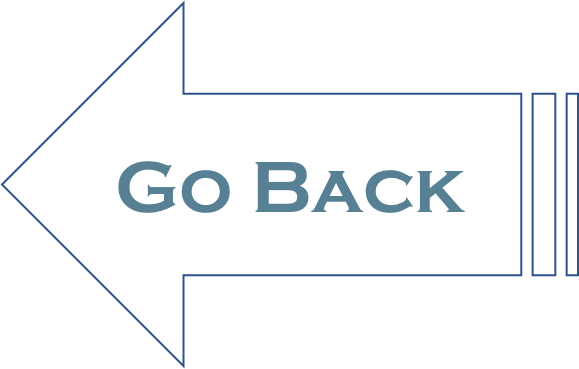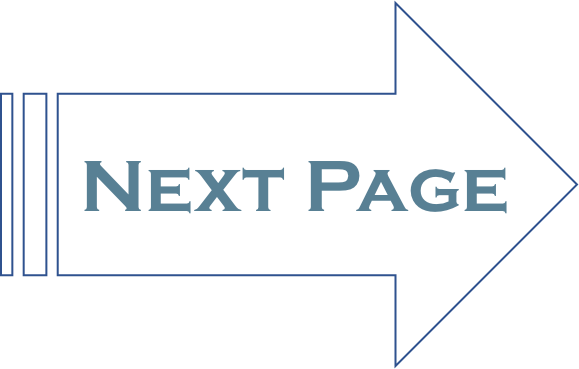Assess |
Page 13 |
There are many reasons to assess and we aren’t just focusing on the standardized or pencil-to-paper types of test. No, instead assessments are used in a variety of ways that do not always fit a certain mold. Teachers are assessing their students in informal ways quite often during their observations and daily interactions. A teacher may see a situation arise where they must make a decision about a child’s behavior or abilities and add a quick informal assessment in order to make a plan for how to move forward.
Many educators define assessment differently. Some are adamant that they can authentically assess their students by informal means while others are sure that formal assessments are the best option. The great thing is that neither are wrong! Both formal and informal assessments have valid strongholds in the early childhood classrooms and should be considered with other types of assessments in order to get accurate information of the whole child.
The main purpose of assessment is to gauge a child’s development in some area, be it cognitive, social, emotional, or physical development. The process of assessing children in your program relies heavily on your goals and future plans in moving forward. Assessments are tools for planning the future, but first you must determine where the child is at in any given domain.


